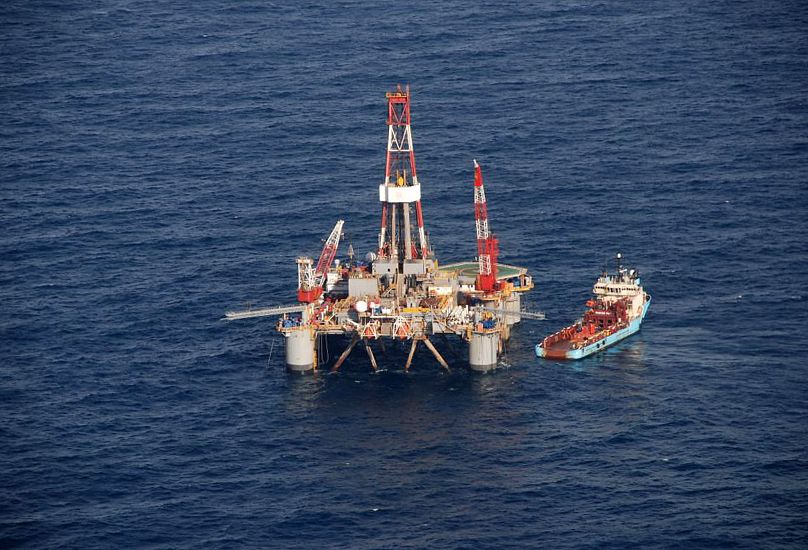Almost 400 civil society organisations are calling for an end to the Investor-State Dispute Settlement system.
A system of ‘secretive’ tribunals is threatening global climate goals, more than 380 civil society organisations have warned.
The Investor-State Dispute Settlement (ISDS) scheme is included in many trade and investment agreements. It enables transnational corporations to sue governments in courts outside of the national legal system, over law and policy changes they fear could reduce their profits.
Fossil fuel companies are taking advantage of it to sue over coal phase-out, the cancellation of a tar sands oil pipeline, and fracking bans.
Industry insiders predict there are many more cases to come, given the scale of stranded assets as the world shifts to clean energy sources.
“It is scandalous that an African country can still be sued by a foreign corporation for trying to protect the climate,” says Dipti Bhatnagar, climate justice and energy coordinator at Friends of the Earth.
“Governments at COP27 must put an end to this shady system of secret investment tribunals.”
Oxfam International, 350.org, Greenpeace and hundreds of other organisations are behind the fresh call to quit ISDS this week.
How is ISDS stalling climate action?
There are a number of ways in which the threat of legal action from fossil fuel companies is curtailing governments’ climate ambitions.
In an Intergovernmental Panel on Climate Change (IPCC) report earlier this year, climate scientists warned that ISDS mechanisms could cause “regulatory chill”.
In other words, the fear of being sued causes countries to delay or decide against taking vital climate action such as phasing out fossil fuels.
Denmark and New Zealand’s climate ministers last year admitted to Capital Monitor that the threat of investor-state lawsuits held them back at COP26.
Governments refrained from joining climate initiatives or set less ambitious climate target goals to avoid being sued under ISDS.
NGOs are concerned that the finance industry is continuing to promote ISDS at COP27.
ISDS lets companies ‘steal funds’ in the global south
The system is also increasing the cost of climate action, when more funds are desperately needed in developing countries.
“The Investor State Dispute Settlement mechanism lets corporations steal the funds that we so urgently need to tackle the impacts of climate change and pursue a just energy transition in Africa,” says Bhatnagar.
“The massive increase in demand for raw materials that are critical for the green transition is pushing ever more investment into extractive industries, especially in countries in the global south,” adds Rachmi Hertanti from Transnational Institute.
“Multinational companies will arm themselves with ISDS, and it is obvious there will be an increase in ISDS lawsuits. We need to reclaim the democratic space and stop this expansion, driven by trade agreements.”
Where have investor-state lawsuits been deployed by polluters?
In August, the Italian government was forced to pay €241 million - footed by taxpayers - to UK oil firm Rockhopper after Italy scuppered the firm’s offshore oil drilling plans in 2015.
Another high-profile case involves the cancellation of the Keystone tar sands pipeline in North America. The Canadian operator TC Energy is suing the US under the North American Free Trade Agreement (NAFTA) after Biden finally pulled it last year.
In Europe, the Energy Charter Treaty (ECT), which includes ISDS, is currently being hotly contested. A number of European countries are dropping out of the international agreement, including Germany, France and Spain.
Globally, “countries such as South Africa, India, New Zealand, Bolivia, Tanzania, Canada and the US have all taken steps toward getting rid of ISDS,” the civil society organisations have said in a new statement.
“It’s time to get off the fence and put people and the planet first.”












